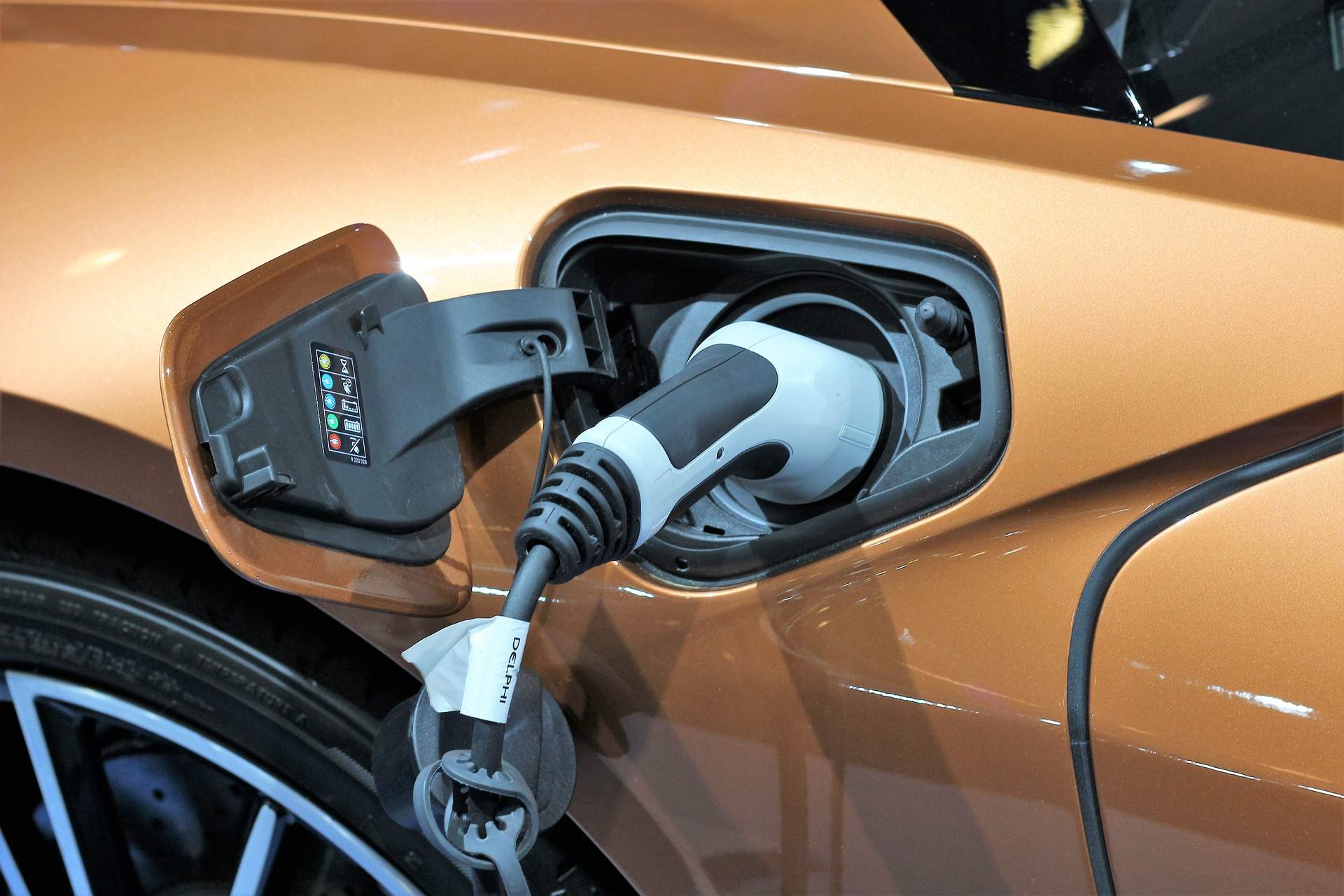
A diesel electric car uses a combination of both electrical power and diesel fuel. Hybrid cars boast greater fuel economy and lower emissions than their fully diesel or petrol equivalent.
In the past decade, the UK auto market has seen a huge surge of hybrid vehicle sales—despite being among the full electric variants and models. It is estimated that nearly 162,000 hybrid vehicles are currently registered in the UK, with the most popular ones being the Plug-in Hybrid Electric vehicles or the PHEVs.
Since 2011, the UK government has provided consumers with a £4,500 grant when purchasing a hybrid vehicle to encourage the uptake of greener cars. However in 2018, the government decided to cut those incentives.
The grant for plug-in vehicles was reduced by £1,000, while incentives to buy new hybrid cars have been completely abolished, sparking anger among the car market.
Mike Hawes, the chief executive of the Society of Motor Manufacturers and Traders (SMMT), said: “We understand the pressure on the public purse but, given the importance of environmental goals, it’s astounding that just three months after publishing its road to zero strategy, the government has reduced the incentive that gives consumers most encouragement to invest in ultra-low emission vehicles.
“Removing the grant for plug-in hybrids is totally at odds with already challenging ambitions for CO2 reduction and sends yet more confusing signals to car buyers.”

US Tariffs are shifting - will you react or anticipate?
Don’t let policy changes catch you off guard. Stay proactive with real-time data and expert analysis.
By GlobalDataIn June, figures from the SMMT revealed a substantial drop in the number of consumers purchasing a hybrid vehicle. Registrations for plug-in hybrid vehicles suffered a 50.4% decline, while hybrid registrations also fell 4.7%. The performance tipped the overall alternatively fuelled vehicle sector into negative growth for the first time since April 2017 – which SMMT said undermines efforts to reduce emissions through fleet renewal of the latest ultra low emission vehicles.
“Another month of decline is worrying but the fact that sales of alternatively fuelled cars are going into reverse is a grave concern,” added Hawes. “Manufacturers have invested billions to bring these vehicles to market but their efforts are now being undermined by confusing policies and the premature removal of purchase incentives.
“If we are to see widespread uptake of these vehicles, which are an essential part of a smooth transition to zero emission transport, we need world-class, long-term incentives and substantial investment in infrastructure.”
James Fairclough, chief executive of AA Cars, said the substantial drop in registrations for alternatively fuelled vehicles was a surprise. “Despite the fact that the UK has just become the first major economy to set a net zero target on greenhouse gas emissions for 2050, there is ongoing confusion over low emission zones. Also, there is no doubt that the removal of ultra low emission vehicle government grants has impacted the market.”
Outlook for the future
Looking to the future, a recent report from Deloitte predicts that electric and hybrid vehicles will achieve cost parity with internal combustion engine (ICE) vehicles by the mid-2020s. As a result, people may feel more comfortable investing their money in an alternatively fuelled vehicle, without the grant from the government.
In the meantime, the government announced in July that all zero emission company cars will not be required to pay benefit-in-kind (BIK) tax for 2020/21.
HM Treasury published its decision following its review of the Worldwide Harmonised Light Vehicle Test Procedure (WLTP) emissions regulations last year. “The introduction of WLTP provides an opportunity to strengthen the link between the vehicle tax system and the true environmental impact of car purchasing decisions, allowing consumers to make more informed decisions between model variations,” read the review.
Jay Palmer, director of policy and membership at the BVRLA, said the announcement represents a positive for the market: “Recognising the value of the company car market in supporting the transition to zero emission technology is also a positive endorsement for our sector, showing refreshing alignment between government’s environmental and fiscal policies.”
“The Treasury is giving back some of the unfair Company Car Tax windfall it was set to receive as a result of WLTP and providing some essential extra visibility on future tax costs for those looking to order their next vehicle.”







